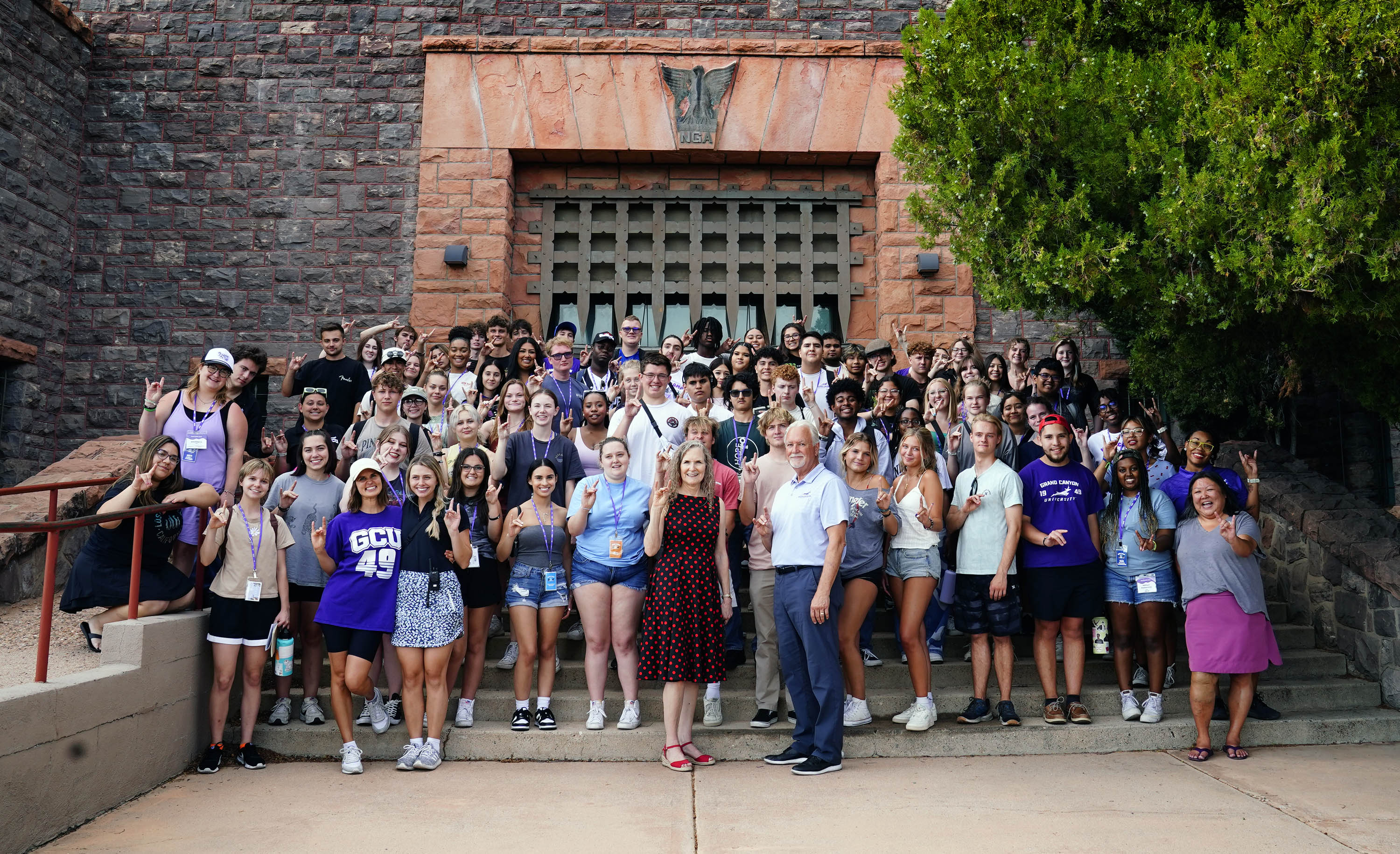By Kristin Wyse
GCU Office of Student Care
#Askingforafriend
Communication is the ability to connect with others. We recently discussed how to connect with ourselves, which is our first step before any communication with others occur. Next, we want to know how to connect with others on a more effective and deeper level.
How can we effectively communicate about ourselves to others while also learning more about them? I am proposing five key ingredients for positive, effective and CLEAR communication.
- C -- CALM: First, before anything else, we need to calm our emotions before we communicate with others. When our emotions get intense, we access our fight/flight/freeze response, which has us respond to others with knee-jerk reactions. That can lead to hurt, shame and misunderstandings. Taking time to calm our own emotions and assess what we are feeling, thinking and needing will help prepare us for understanding own emotional experience and help us understand others better.
- L -- LISTEN: Sometimes listening is the hardest thing to do when we communicate to others. We want to be heard, understood and valued ourselves, and so hearing, understanding and valuing others gets lost in the process. Listen for understanding their own emotional experience, which most likely will be different than ours. Clarifying what we have heard is a critical step in listening well. What we hear is often filtered through our own emotional experience vs. theirs.
- E -- EMPATHY: Empathy is what transforms our communication and allows us to deepen our emotional connections with others. It is the exclamation point to us feeling heard, understood and valued. Expressing empathy to others is imagining being in their situation and experiencing their emotions, thoughts and needs as if they were our own. It’s not about expressing our own emotional experience, it’s fully understanding theirs.
- A -- ASK: Asking questions helps us to communicate that others are important and we want to know more about them. Ask them about their emotions, thoughts, needs and perspective. We tend to make assumptions as if we understand them and then respond before taking the time and intention of getting to know every aspect of their emotional experience. The process asking them questions may help them understand their own emotional experience and situation better.
- R -- RESPOND: The key to clear communication is making our response the last ingredient, a direct response to their needs. Unfortunately, we tend to make our response one of the first ingredients and in the process invalidate the other person’s emotional experience. Ask what they are needing – for us to listen, to encourage or to give our own opinion. And keep in mind that even conflict resolution needs to come after we have a fuller understanding and have shared these ingredients with each other.
If we make these five ingredients part of our daily conversations, we will experience a deeper understanding of ourselves and others. We also will be able to more effectively resolve any conflict that may arise. And as a result of CLEAR communication, we will strengthen our relationships … together!










